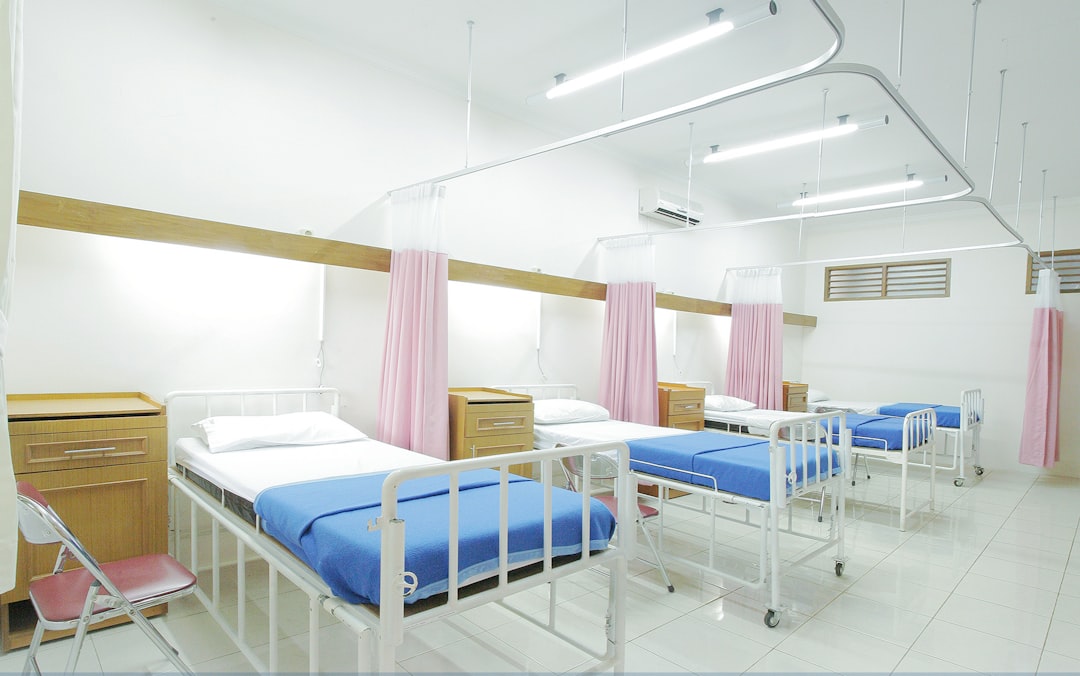Protecting patients and healthcare workers from preventable infections is a top priority in medical settings. Infection control courses play a vital role in ensuring healthcare professionals are equipped with the knowledge and skills needed to minimize the spread of infectious diseases. These courses are increasingly important as healthcare environments evolve and face new challenges, including emerging pathogens and antibiotic resistance.
Infection control training covers a wide range of essential topics, such as hand hygiene, sterilization techniques, personal protective equipment (PPE) use, and proper disposal of medical waste. These practices are not only vital to patient care, but also protect staff and the broader community from unnecessary exposure to harmful organisms. By learning how to implement evidence-based infection prevention measures, healthcare workers can significantly reduce the risk of healthcare-associated infections (HAIs).
Professionals working in hospitals, dental clinics, long-term care facilities, and outpatient centers can all benefit from targeted infection control education. Some courses are designed to meet state licensing requirements, while others offer continuing education credits or certification that enhances job qualifications. With the increasing availability of online learning, many healthcare workers can now access these courses remotely, making it easier to stay current with best practices.
Comprehensive infection control courses often include both theoretical knowledge and practical application. For example, a course may teach the science behind disease transmission and also guide learners through scenarios that simulate real-life clinical situations. This combination ensures that participants not only understand the importance of infection control, but are also prepared to apply it effectively in their daily work environments.
Beyond individual skill development, infection control education contributes to a culture of safety within healthcare institutions. When all team members are trained and aligned in their practices, the overall risk of infectious outbreaks is reduced. This has a direct impact on patient outcomes and institutional reputation, making infection control training an investment in both quality care and operational integrity.
Courses are typically updated in response to new guidelines from public health agencies, ensuring that professionals are informed about the latest recommendations. Topics such as respiratory hygiene, vaccination protocols, and outbreak response are increasingly emphasized in light of recent global health events. As the healthcare industry continues to adapt, so too must the training programs that support it.
For those seeking flexible, accessible programs, a variety of options are available through platforms that specialize in healthcare education. One such resource is available through a trusted education provider in the field, offering structured learning paths that meet professional and regulatory standards.
As infection control remains a critical component of patient safety and public health, ongoing education in this area is essential. Whether you are new to the field or a seasoned practitioner, staying informed through reliable training ensures that you are prepared to meet today’s challenges with confidence and competence.









